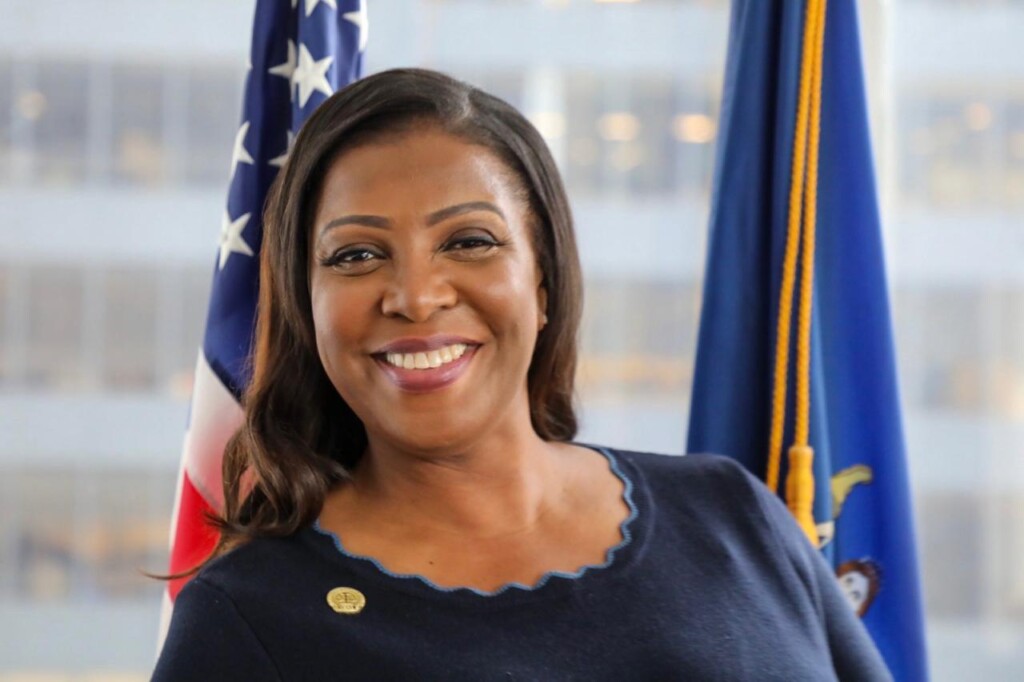A federal judge dismissed high-profile criminal indictments against former FBI Director James Comey and New York Attorney General Letitia James, ruling that the prosecutor who brought both cases was unlawfully appointed.
The decision, issued Monday by U.S. District Judge Cameron Currie, concluded that former Trump attorney Lindsey Halligan, who led the prosecutions, lacked the lawful authority to present indictments to a grand jury.
Halligan was appointed interim U.S. attorney for the Eastern District of Virginia at the direction of President Donald Trump, despite having no prior prosecutorial experience.
Judge Currie agreed with Comey’s argument that Halligan’s appointment violated federal law and executive authority.
“Because Ms. Halligan had no lawful authority to present the indictment, I will grant Mr. Comey’s motion and dismiss the indictment,” she wrote in her ruling.
Currie went further, calling Halligan’s actions “unlawful exercises of executive power” and declaring that all cases she directly brought must be set aside. Her decision described Halligan as “a former White House aide with no prior prosecutorial experience.”
The judge issued an identical ruling in the case against James, adding that the situation was “unique, if not unprecedented” in the modern federal system.
Halligan was appointed after Trump personally urged Attorney General Pam Bondi to pursue charges against Comey and James, both longstanding political adversaries.
Bondi defended Halligan following the ruling, calling her “an excellent attorney,” and announced that the Justice Department will immediately appeal the dismissal.
The White House echoed that sentiment. Press secretary Karoline Leavitt told reporters the administration’s position is that “Lindsey Halligan was legally appointed.”
But the judge’s findings undermine that argument, reinforcing concerns about political interference in prosecutorial decisions.
Both defendants responded quickly to the dismissals.
Comey posted a video stating he was “grateful” for the ruling and called the prosecution: “a reflection of what the Department of Justice has become under Donald Trump, which is heartbreaking.”
He added that the case mattered because it sends a clear message: “The president of the United States cannot use the DOJ to target his political enemies.”
James also celebrated the ruling, saying she remains “fearless in the face of these baseless charges” and reaffirming her commitment to serving New Yorkers.
Her attorney, Abbe Lowell, said the judge’s order confirms that career federal prosecutors had refused to bring the case, leading Trump to install an ally to do it instead.
With the DOJ moving quickly toward appeal, the cases remain politically charged and legally uncertain. But for now, the prosecutions of Comey and James are over, and the courts have delivered a clear rebuke of how the indictments were secured.




